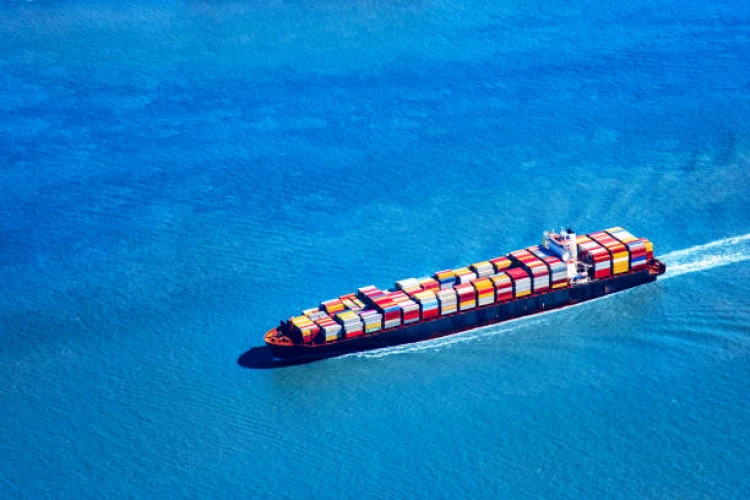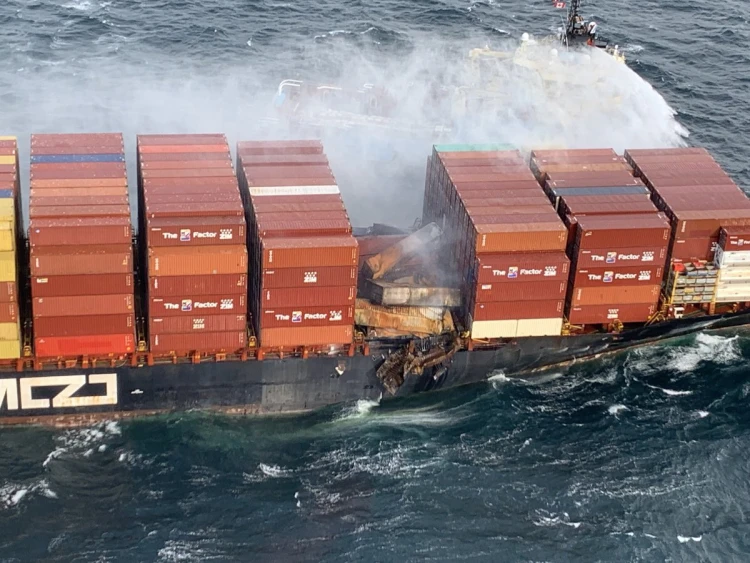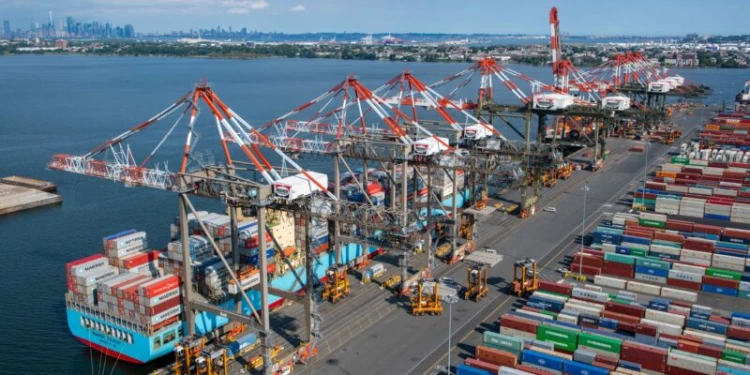Cargo salvage booms as abandoned goods litter supply chain
Wednesday, 26 January 2022

Global supply chain problems have thrown up everything from abandoned containers full of rotten red cabbages to beer kegs and dog blankets. The stranded, unwanted or delayed goods have created a boom in the business of cargo salvage — and a group of companies rarely in the spotlight that keeps world trade ticking over. “We’re ridiculously busy with people going bust and cancelling goods. These containers are costing a lot of money sitting on the ports,” said Jake Slinn, director of British cargo salvager and stock buyer JS Global. The exact size of the cargo salvage and excess inventory market is unknown, but these groups are handling thousands of goods that either need destroying or reselling as demand for their services rises. They have also become increasingly important for shipping groups, logistics companies and insurers as goods get stranded because of supply bottlenecks and the lengthening time it takes to transport freight. It now takes more than 100 days between pick-up from Asian exporters and hand over at European or US ports, up from less than 60 days in 2019, according to San Francisco-based freight forwarder Flexport. The goods are often delayed further once they reach land because of lorry driver shortages and crammed warehouses that have limited storage space.
MORE NEWS : The Next Shipping Crisis: A Maritime Labor Shortage
However, despite the growing opportunities for his business, Slinn said buying discarded containers can be a gamble. “We’re taking punts on a lot of containers as we are unsure what the goods are inside. You never know what you’re going to get,” he said. He has disposed of thousands of counterfeit masks, crates of red cabbages unfit for consumption and a batch of tyres sent to Dublin by a rogue exporter. Other groups that have benefited from the resale boom are auction platforms. They are used to resell goods, which wind up at distribution centres or factory floors, as well as at the ports. Charlie Wilson, head of online market place Salvex, said out-of-season goods and redundant industrial parts are often put on the block for sale. “We’ve experienced a boom,” he added. “This is like a global hurricane. We’re hearing the same stories in Kenya, LA and all over Europe”.Please use the sharing tools found via the share button at the top or side of articles.
However, stock clearance companies — many of which also buy salvaged stock — have had a bumpier ride. Michael Harrow, of stock clearers SG Trading, said these type of businesses typically do well during recessions. “We like to think of ourselves in a crude sense as being undertakers. We are called upon when there are problems with businesses, supply chains and administrations,” he said. But it was harder to thrive and value goods during the pandemic because sales routes such as street markets, car boot sales and independent wholesalers have disappeared as retail has shifted online, he added. US technology and logistics giant Amazon has been increasingly shaping the abandoned stock and surplus cargo markets. JS Global’s Slinn has seen pallets of stock he has handled resold on Amazon, while other traders reported sourcing stock from third-party sellers on the platform who claimed the sale of Amazon-branded goods caused a collapse in sales of their own products.
Insurers have also been helped by a related fall in claims. Mike Yarwood, managing director of loss prevention at transport and logistics insurer TT Club, said claims had “dropped off” because of higher tolerance for defects among importers, although the group warned the risks from abandoned cargo are escalating. However, despite the boom in business for many groups, some companies that deal with retailers have struggled because they have been less willing to give up on stock given the difficulties in getting hold of new goods. Some retailers are also more inclined to discount and sell goods themselves rather than pass them on to stock liquidators, said one supplier to large UK budget retailers such as Poundland, B&M and Lidl. “I’ve been buying stock for 40 years and it’s the hardest year I’ve ever known,” said Robert Myers, managing director of Heathside Trading Ltd, which buys surplus toys and home goods. “The value of stock on people’s balance sheets is so much higher because of the [elevated] cost of transport.”
Increasingly, multinationals also tend to demand goods be destroyed than resold, while health and safety rules have made it harder to sell damaged goods. Big international companies are paranoid about their branded products hitting the market either faulty or at a cheaper price, said Steve Parry, director of CWH Johnsons International, a surveyor of cargo. “Once upon a time, you could sell anything,” he added. Still, supply chain disruption is expected to continue well into 2022, meaning demand for cargo salvagers and stock resellers is unlikely to abate, particularly if the Covid crisis deepens, disrupting global shipping and transport further. “You’re going to see a trend upwards of insurance claims [as goods go missing or get stuck in transit] in the next year, then it will fall off when they get it sorted,” said Tom Enders, owner of Michigan-based The Salvage Groups.
Source : https://www.ft.com/content/96b0a2e6-cf12-4604-8232-bbd6ac3a3379

06 January 2025
Hurricane Beryl trims cargo volumes in Houston and New Orleans

25 January 2025
Container freight rates tumble

08 February 2025

